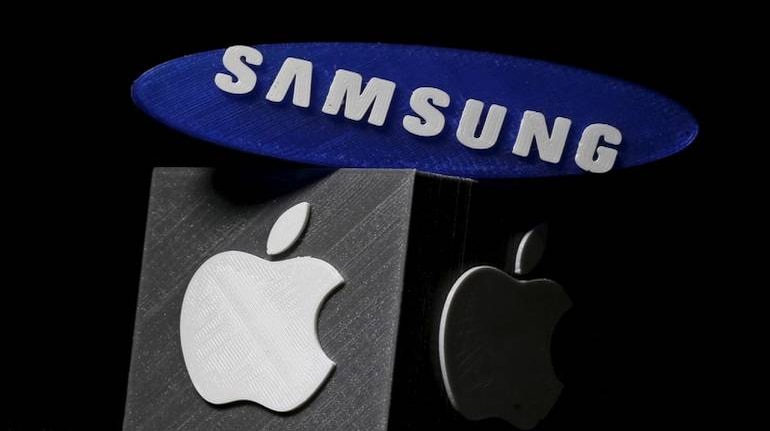



Sounak Mitra
Apple has just opened up its iTunes movies and TV shows to non-Apple devices. That’s a major shift for the computer and phone maker which would insist on users buying the Apple TV service to watch iTunes movies and TV shows on a big screen. This move comes fifteen years after Steve Jobs opened up iTunes for Windows, remarking that he was “giving a glass of ice water to somebody in hell”.
But this time, Apple is the one feeling the heat. The decision to open up iTunes is not out of largesse. The announcement comes at a time when the company has released its first official revenue warning since 2002. Slowing iPhone sales in China are expected to shave $5 billion off Apple’s expected first quarter revenue of $84 billion. It had earlier projected the revenue to be between $89 billion and $93 billion. In general, consumers across emerging markets are buying fewer iPhones, Macs and iPads.
The only respite, according to the company, is its services business that includes App Store, iTunes store, AppleMusic and iCloud online services. “Revenue outside of our iPhone business grew by almost 19 percent year over year, including all-time record revenue from services, wearables and Mac,” its chief executive, Tim Cook said in a letter to Apple shareholders.
For the services business, the revenue – nearly $11 billion a quarter - is related to the size of the installed base, not current period sales. Cook’s ambition is to grow this revenue to $48 billion 2020. That’s the specific reason why Apple is trying to expand its non-iPhone services business.
But it is very late to the party.
In any case, growing revenue through Apple TV has met with success since the product itself has few takers outside its home market. Also, the company does not sell Apple TV outside western markets. Thus, the product is not sold across emerging markets, such as India – one of Apple’s fast-growing markets.
Besides, with the company opening up its services to non-Apple devices, the charm of Apple is diminishing fast, and it is upsetting its loyal users. Apple’s uniqueness was its controlled end-to-end device-to-services environment that ensures the best experience for Apple users. That brand premium is likely to erode.
Two, if Apple really had the plan for opening up its services to non-Apple devices, it should have done the same long ago when it opened up iTunes to Windows users. That would have given the company an early-mover advantage.
Now, the world of online streaming of movies and music is already crowded. The likes of Netflix and Amazon’s Prime Videos, among others, offer quality content at a reasonable price. While Apple offers pay-as-you-go services with options of buying, renting and viewing each video, its competitors like Netflix and Amazon Prime comes with monthly and yearly subscription plans.
Apple’s latest move also rekindle speculation that the company is preparing to launch a Netflix like service that the company would launch across 100 countries. Apple reportedly has budgeted for $1bn for original content last year, and has a few original shows available for Apple Music subscribers.
But finding a key differentiator – like it has in most of its products such as the iPad, iPhone, or iPod – will determine its success in this crowded content market. That’s not going to be easy.

Discover the latest Business News, Sensex, and Nifty updates. Obtain Personal Finance insights, tax queries, and expert opinions on Moneycontrol or download the Moneycontrol App to stay updated!
Find the best of Al News in one place, specially curated for you every weekend.
Stay on top of the latest tech trends and biggest startup news.